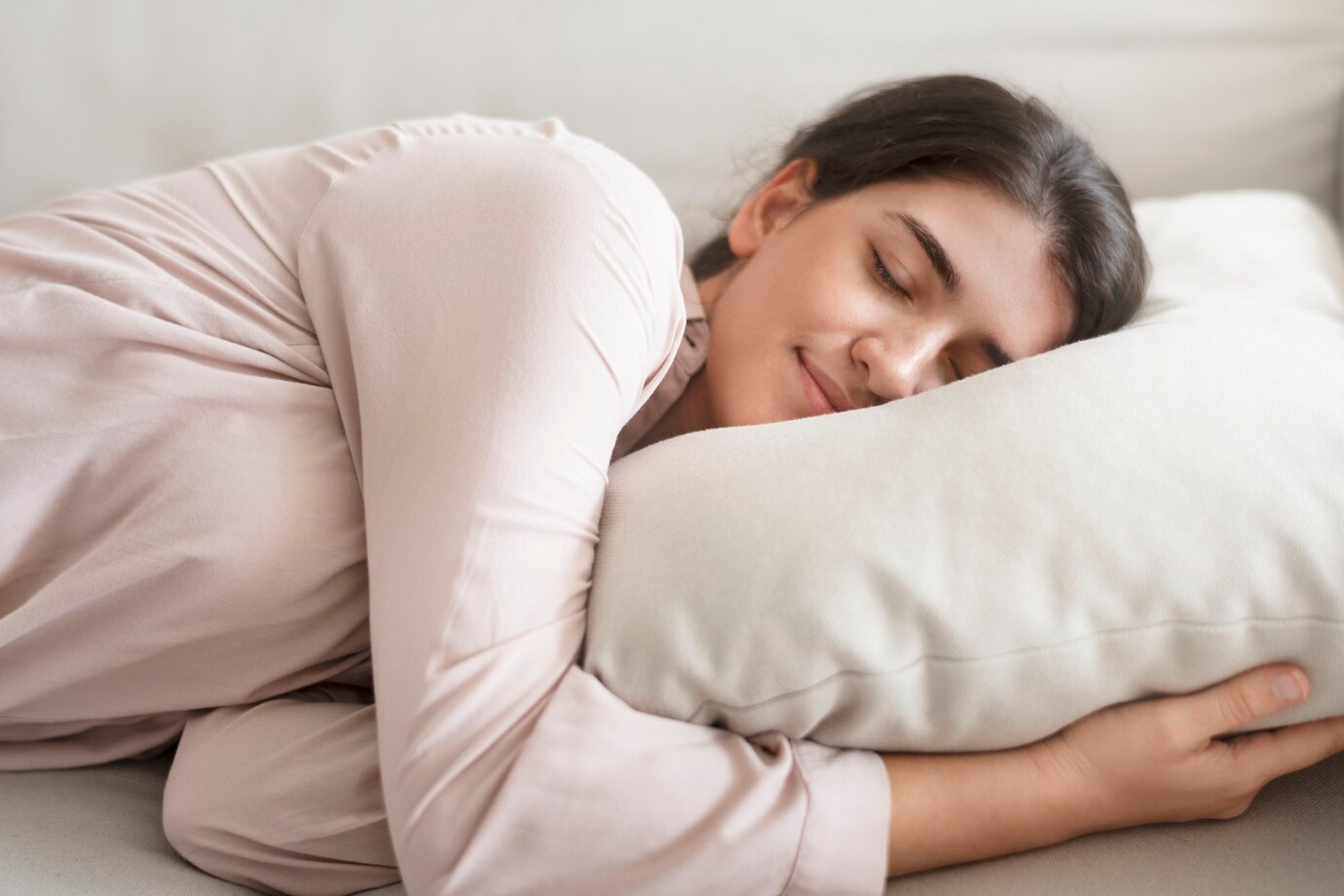Snoring is a prevalent sleep issue that affects many individuals, leading to disrupted rest for both the snorer and their partners. While various remedies exist, one natural and non-invasive approach involves the use of specialized pillows designed to reduce snoring. This article explores how sleeping with an appropriate pillow can help mitigate snoring naturally, enhancing overall sleep quality
Thank you for reading this post, don't forget to subscribe!Understanding Snoring and Its Causes
Snoring occurs when airflow through the mouth and nose is partially obstructed during sleep, causing the surrounding tissues to vibrate and produce sound. Common factors contributing to snoring include:
- Airway Obstruction: Relaxation of throat muscles can narrow the airway.
- Nasal Congestion: Allergies or colds leading to blocked nasal passage
- Sleep Position: Sleeping on the back may cause the tongue to fall back, obstructing the airway.
- Excess Weight: Additional tissue around the neck can press on the airway.
The Role of Pillows in Reducing Snoring
Selecting the right pillow can play a significant role in reducing snoring by promoting proper head and neck alignment, ensuring open airways during sleep. Specialized anti-snore pillows are designed to address specific causes of s through various features
Elevated Head Support
Wedge-shaped pillows elevate the upper body, preventing the tongue and soft tissues from collapsing into the airway. This inclined position can reduce airway obstruction and minimize snoring. Studies have shown that sleeping with the upper body at an incline can reduce snoring
Contoured Design
Contoured pillows support the natural curve of the neck and spine, promoting proper alignment. This alignment helps keep the airway open, reducing the likelihood of snoring. Proper head and neck positioning can prevent airway obstruction during sleep.
Adjustable Loft
Pillows with adjustable loft allow users to customize the height and firmness, catering to individual needs and sleep positions. Finding the optimal pillow height can significantly impact breathing efficiency and sleep quality.
Types Of Anti- Snore Pillows
Various types of pillows are designed to combat snoring, each with unique features:
- Memory Foam Pillows: Conform to the shape of the head and neck, providing personalized support and maintaining open airways.
- Wedge Pillows: Elevate the upper body to prevent airway blockages, beneficial for back sleepers.
- Cervical Pillows: Maintain natural neck alignment, suitable for side and back sleepers.
Choosing the right pillow
Selecting an appropriate pillow involves considering personal sleep habits, preferred sleeping positions, and specific snoring causes. For instance, side sleepers may benefit from contoured pillows that support neck alignment, while back sleepers might find wedge pillows more effective. It’s essential to ensure the pillow provides adequate support without causing discomfort.
Additional Tips to Reduce Snoring
While investing in an anti-snore pillow can be beneficial, incorporating other lifestyle changes can further enhance sleep quality:
- Sleep Position: Sleeping on your side can prevent airway blockage and reduce snoring.
- Maintain a Healthy Weight Reducing excess weight can decrease fatty tissue around the neck, lessening airway constriction.
- Stay Hydrated: Adequate hydration prevents the soft palate from becoming sticky, reducing snoring vibrations.
- Limit Alcohol Before Bed: Alcohol relaxes throat muscles, increasing the risk of airway obstruction
Also read: The Role Of Snoring In Sleeping Position
Snoring can significantly impact sleep quality and overall well-being. Utilizing specialized pillows designed to promote proper head and neck alignment offers a natural and non-invasive solution to reduce snoring. By choosing the right pillow and incorporating healthy sleep practices, individuals can experience more restful nights and improved health.



